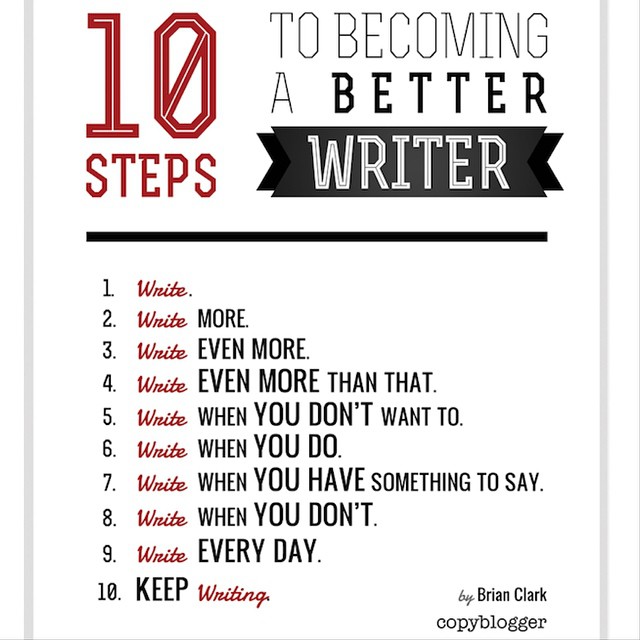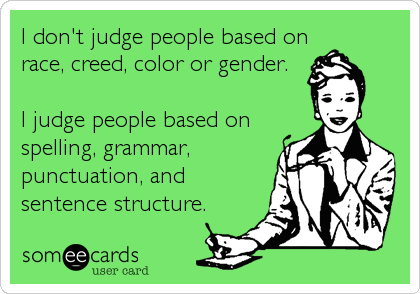Chapter 1: Cornerstones of Communication
Good Writing
If you are trying to decide among a few people to fill a position, hire the best writer. That’s because being a good writer is about more than writing. Clear writing is a sign of clear thinking.
– Jason Fried & David Heinemeier, New York Times Bestseller Rework
Many jobs and industries rely on good writing. Even within the public relations or communication industry, writing responsibilities can vary. You may be writing a news release, a newsletter article or a memo. Maybe you’re scripting video shoots, writing speeches, drafting social or advertising content or writing scripts or instructions for the upcoming event you’re planning. Strong writing for email also helps you show your professionalism, intelligence and attention to detail.
On the flip side, when you can’t write clearly, concisely and quickly, it can cost you – money, time, clients, morale or even a lawsuit. Joseph Kimble, author of Writing for Dollars, Writing to Please, shares 25 case studies of organizations that saved time and money by improving the readability of their content. General Electric rewrote software manuals, and customer calls asking questions plummeted. The U.S. Navy made memos quicker and easier to read, saving officers’ time to the tune of $27 to $37 million per year. Bad writing costs American businesses about $400 billion a year, according to a survey conducted by Josh Bernoff and reported in Daily Beast.
Employers understand the cost of unclear, clunky or otherwise poor writing. And the need for clear writing threads throughout many jobs in communication, whether or not the primary job responsibility appears to be writing.
Heather Whaling is the founder and CEO of Geben Communication, which specializes in traditional and digital public relations. She says, “writing is still the most important skill” in today’s digital world. Allie Lehman is the co-founder of The Wonder Jam, which has a strong focus on branding, graphics and photography. Lehman agrees: “it’s really important for students to be comfortable with writing.”
Employers across many industries value writing, with 54% of employers listing “ability to communicate through writing” as a “very important” skill for college graduates in a survey conducted by the Association of American Colleges and Universities.
As famous basketball coach John Wooden said: “When you improve a little each day, eventually big things occur.”
Writing improves with practice. The more you do something and work at it, the better you get. This is true whether you consider yourself a strong writer at the start, or someone who struggles with writing.

In her book Everybody Writes, Ann Handley makes the argument that “good writing can be learned—the way trigonometry or algebra or balancing a balance sheet is a skill most of us can master.”
The boxes below highlight some of the most common writing errors and a few ways to intentionally improve your writing.
- Spelling errors
- Supposibly (it’s SUPPOSEDLY)
- Affect/effect confusion
- Random capitalization
- Starting sentences with numerals
- Poor sentence structure (run-ons, fragments)
- Incorrect comma use
- Semicolon ignorance
Quick Tips
- Use simple words, short sentences
- Keep it simple by adding visuals
- Challenge ‘to be’ verbs & use active voice
- Challenge prepositional phrases
- Avoid clichés, overused phrases & jargon
- Trim any other wordiness

